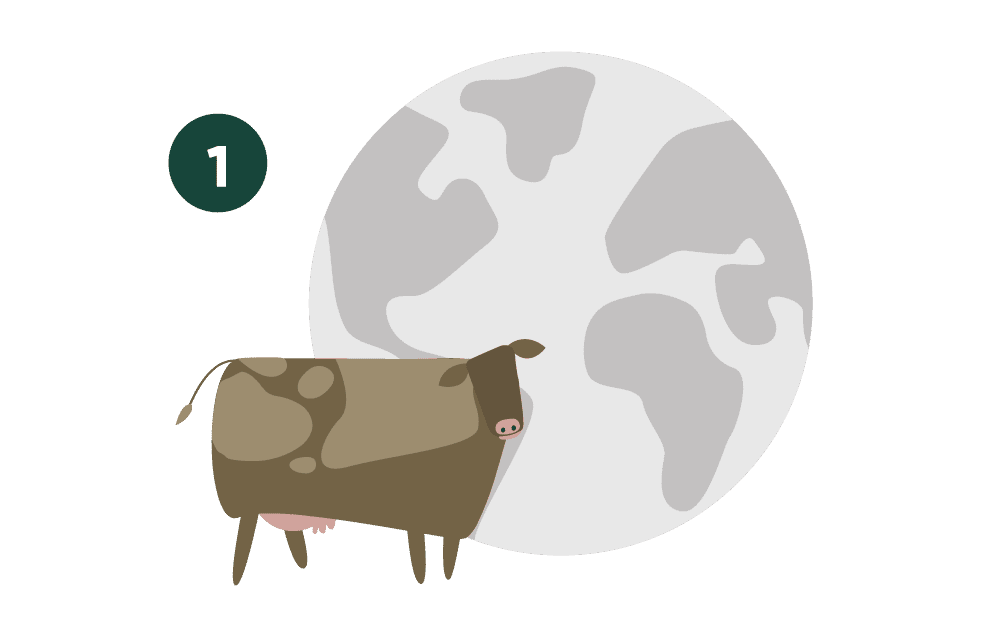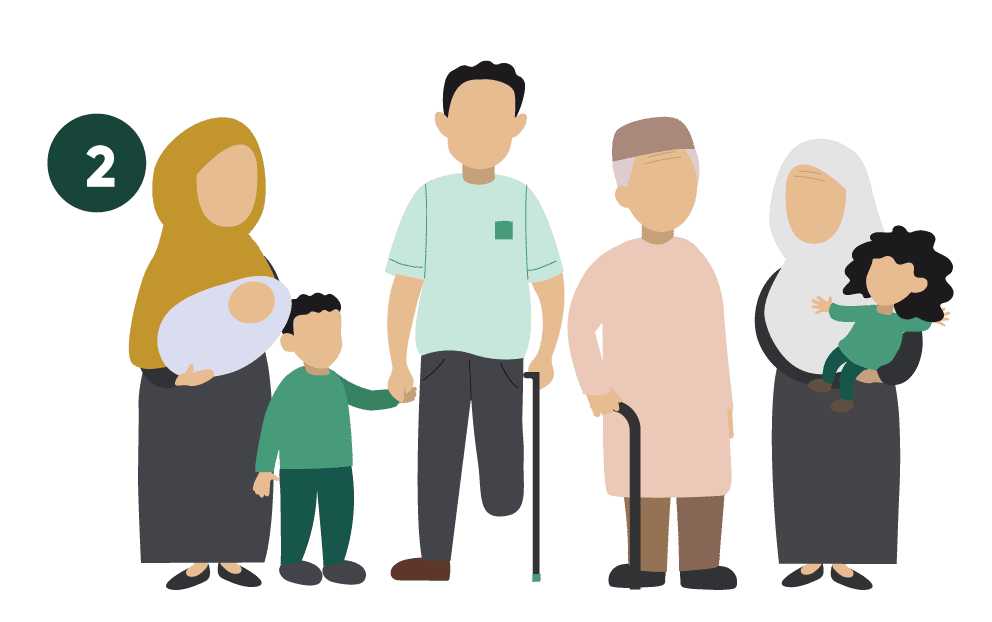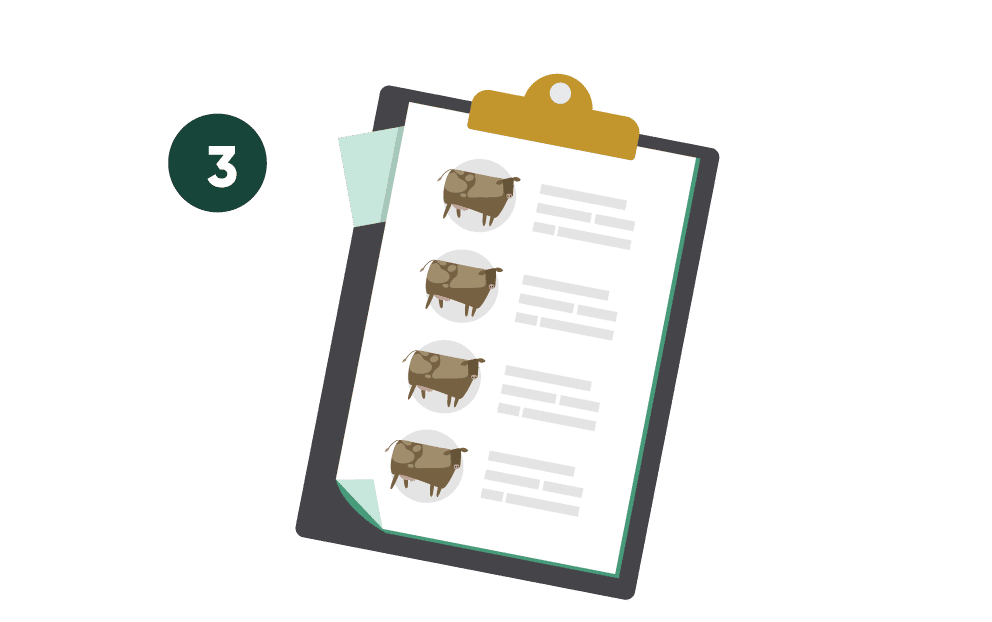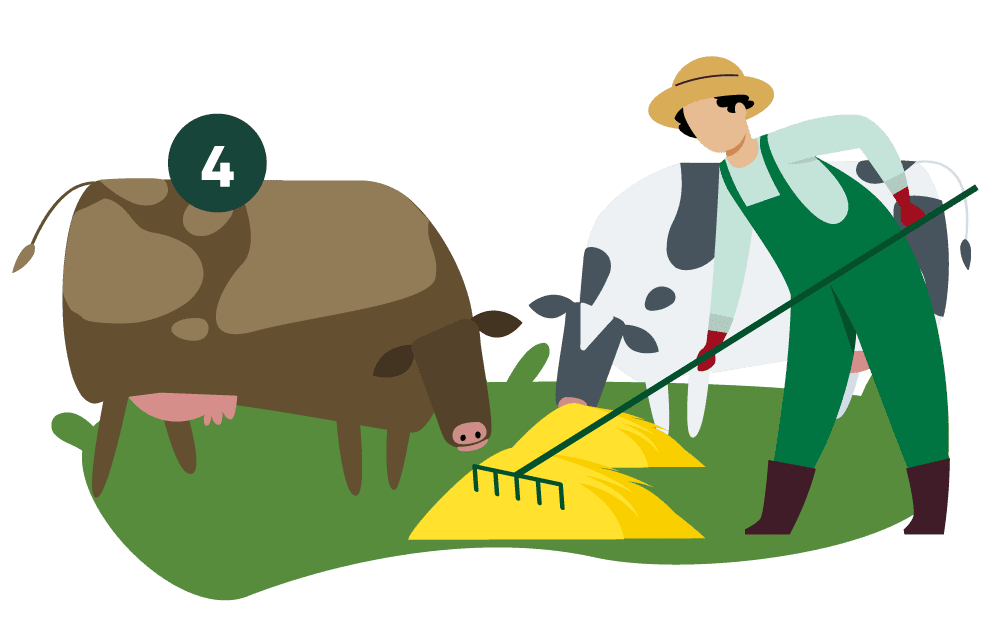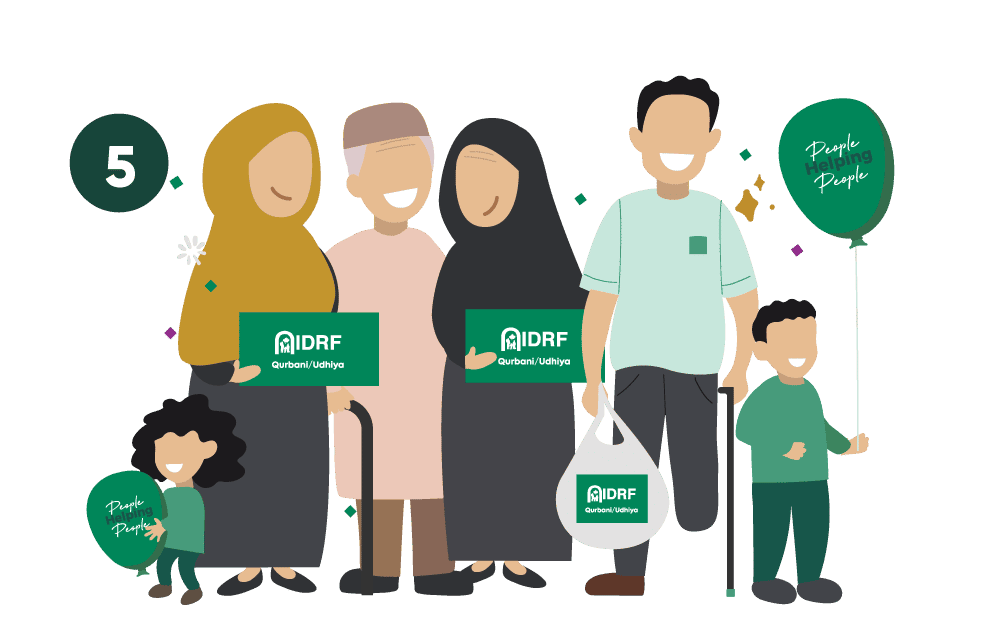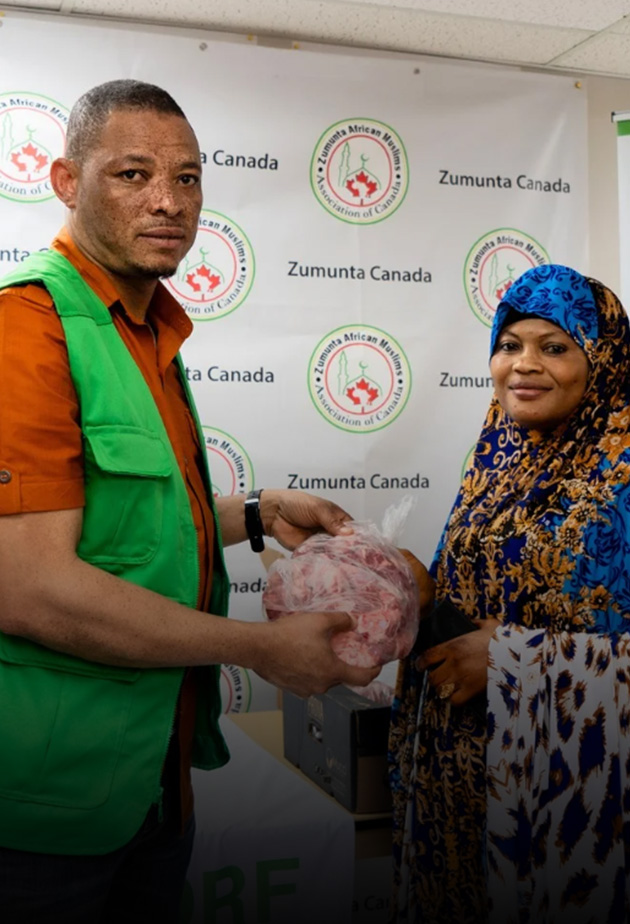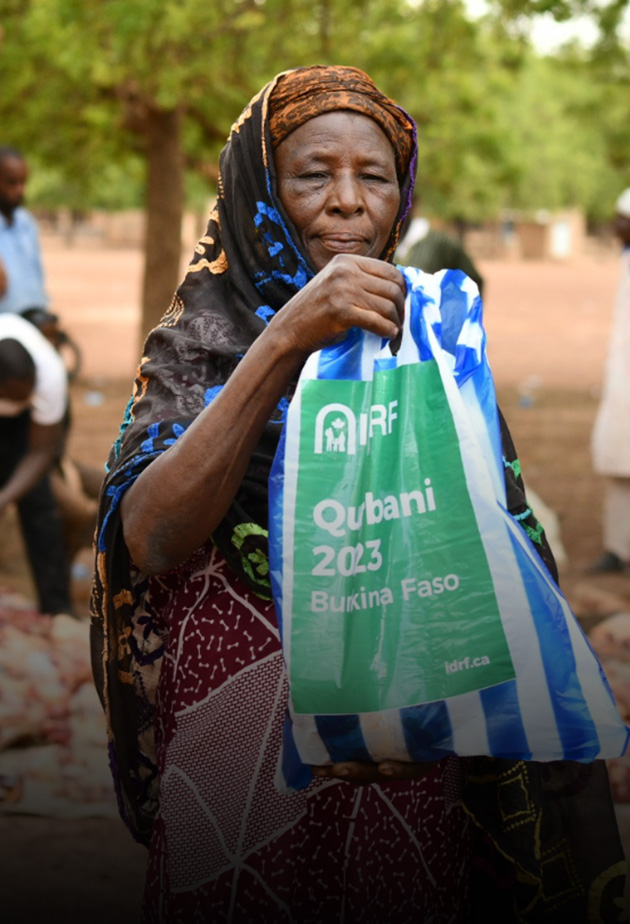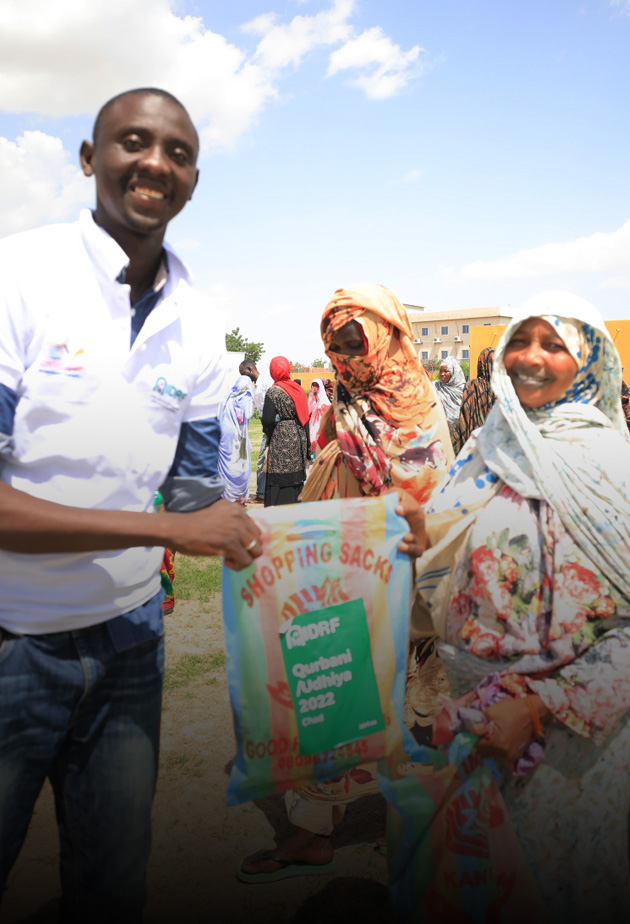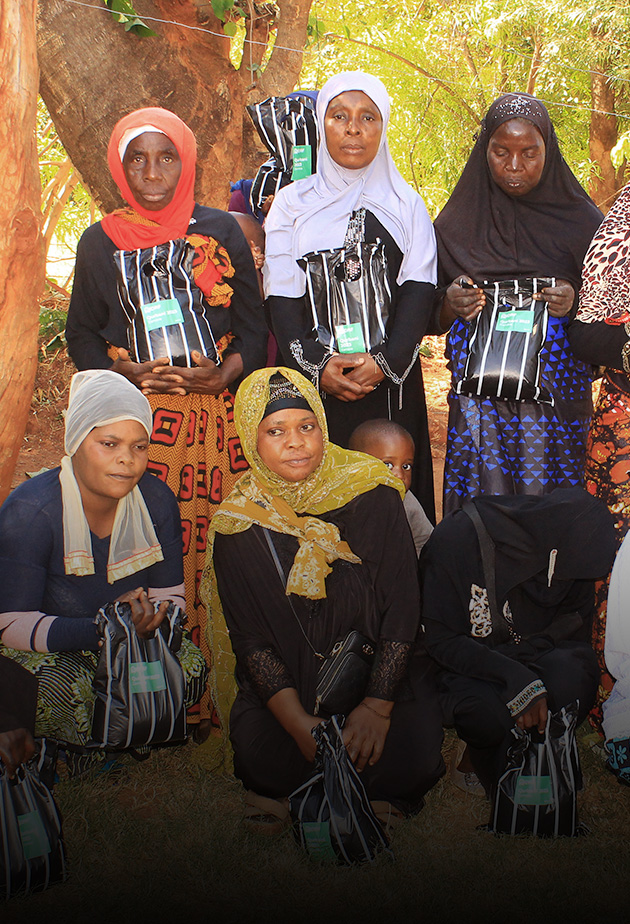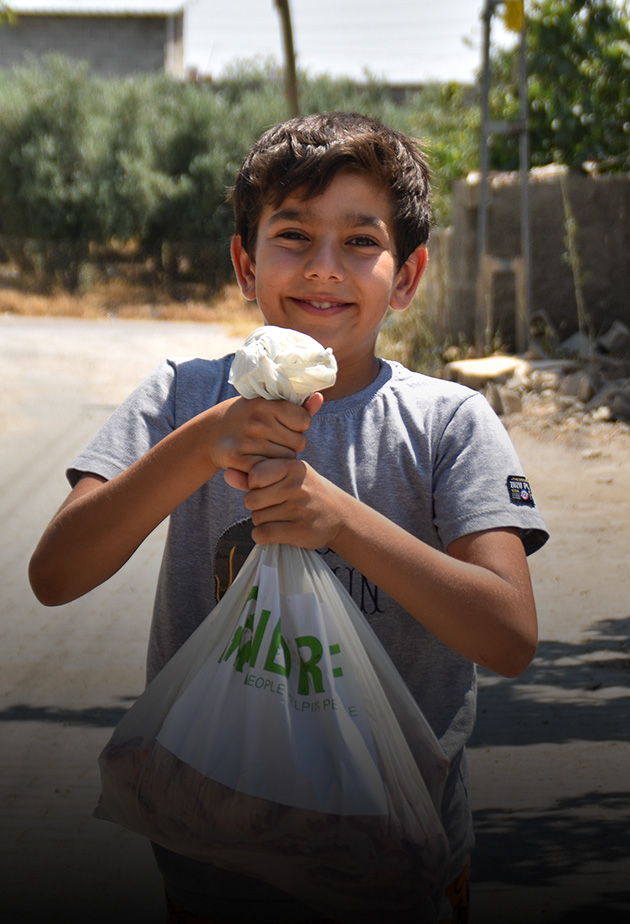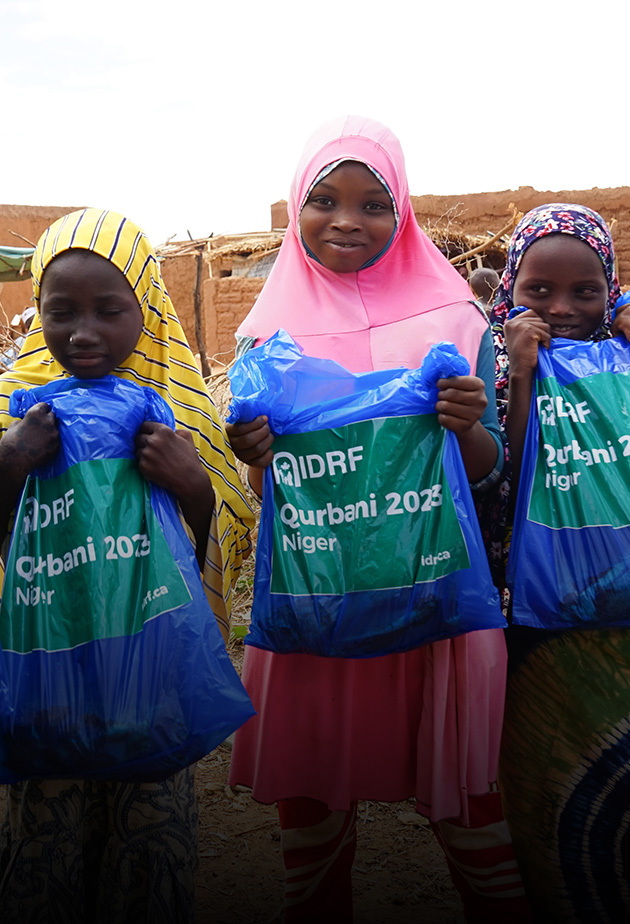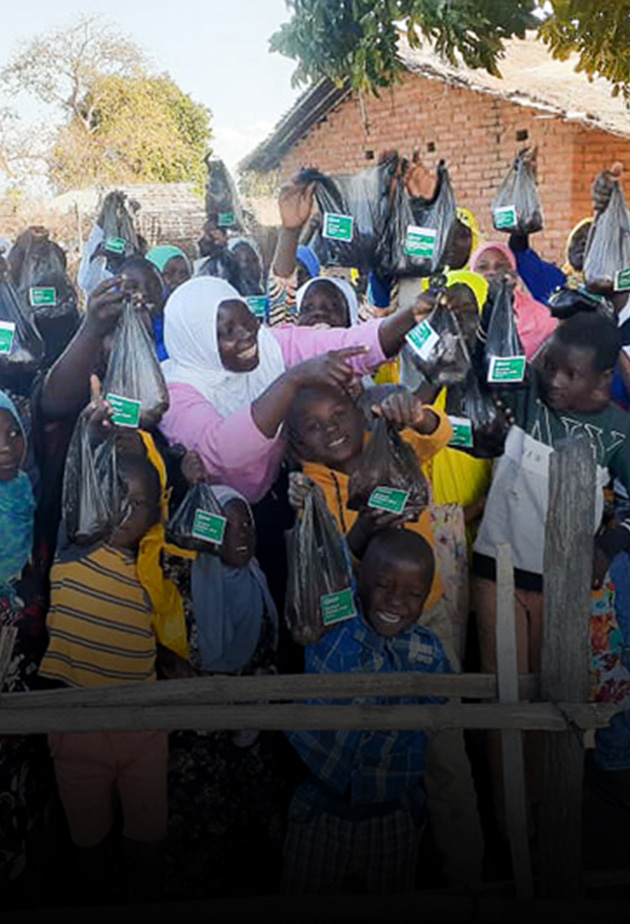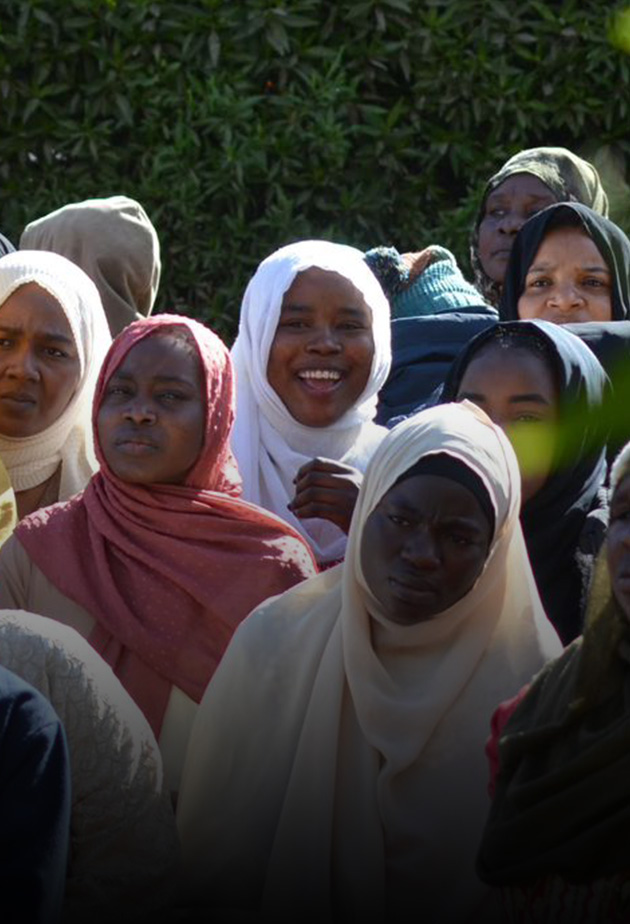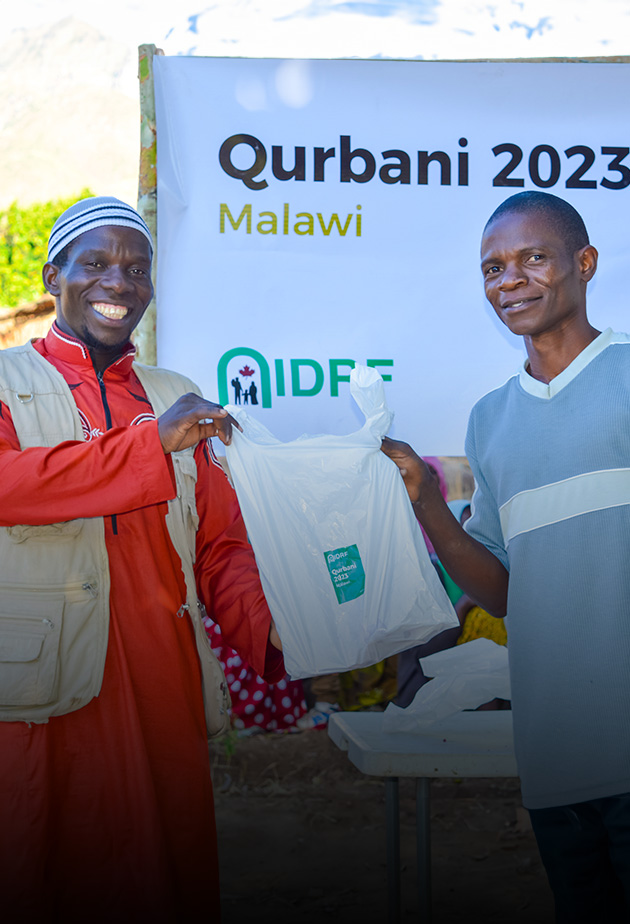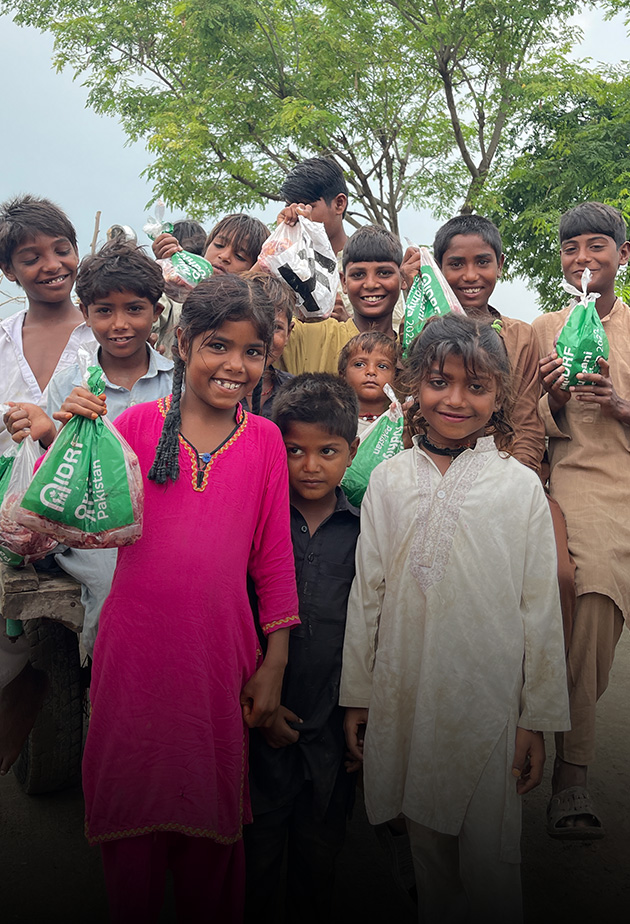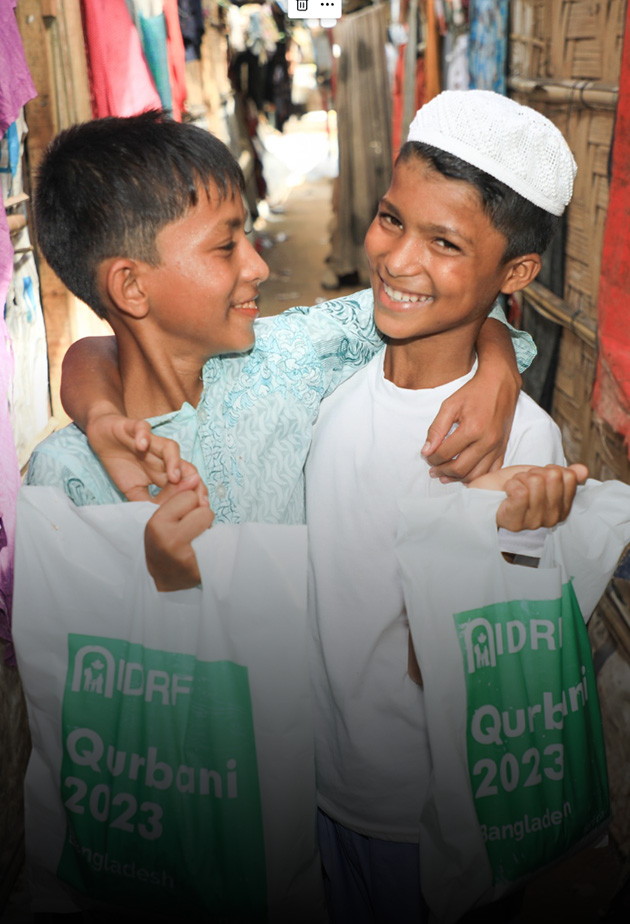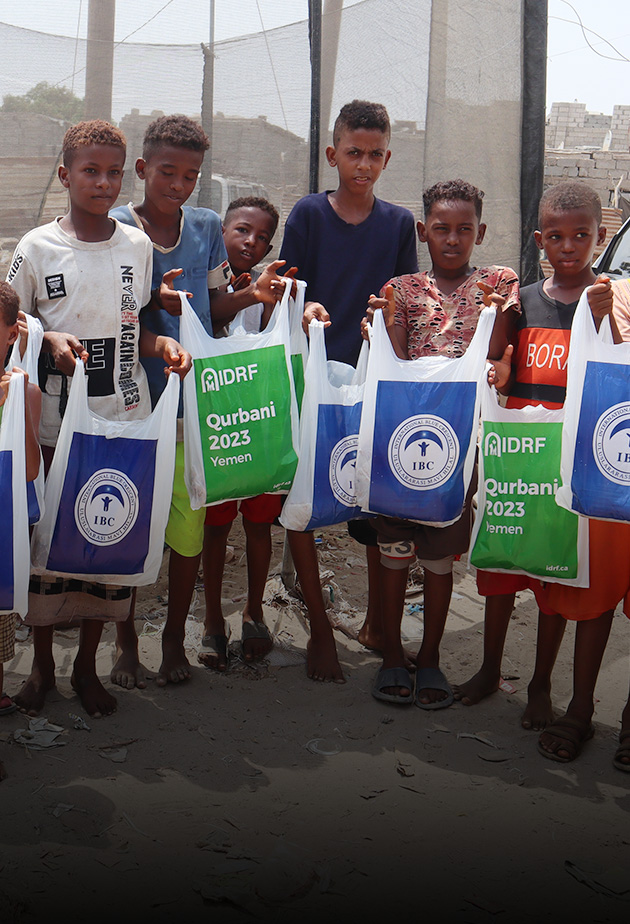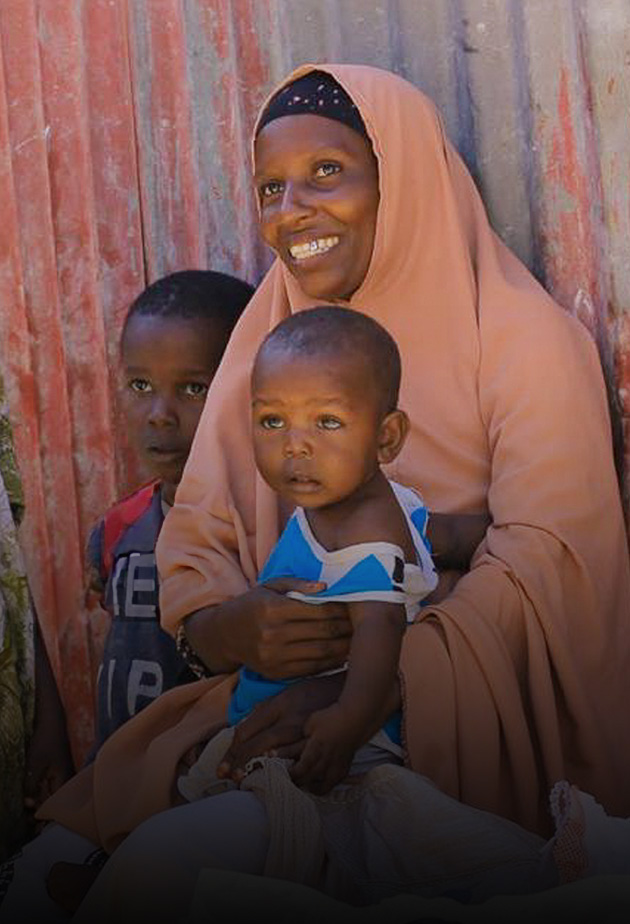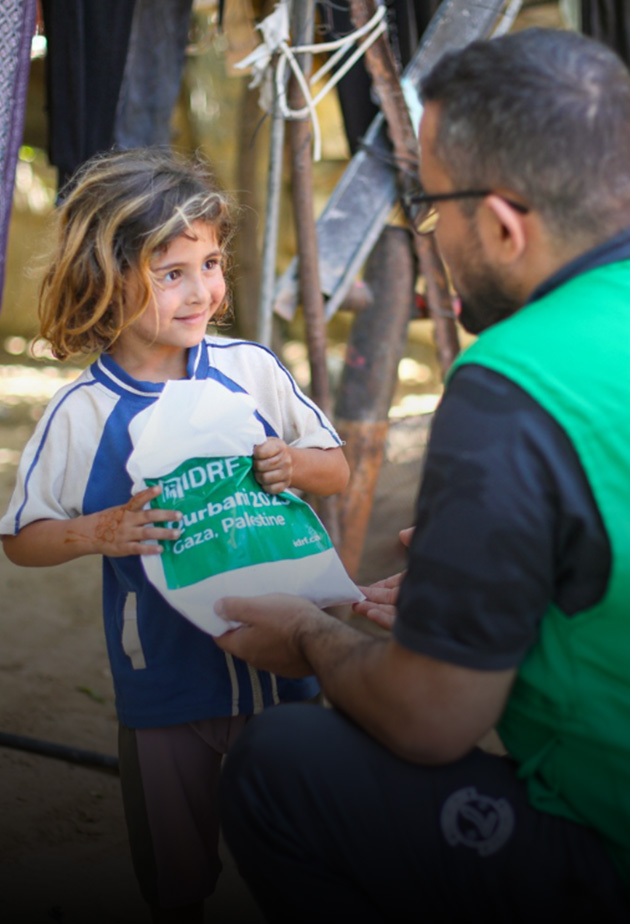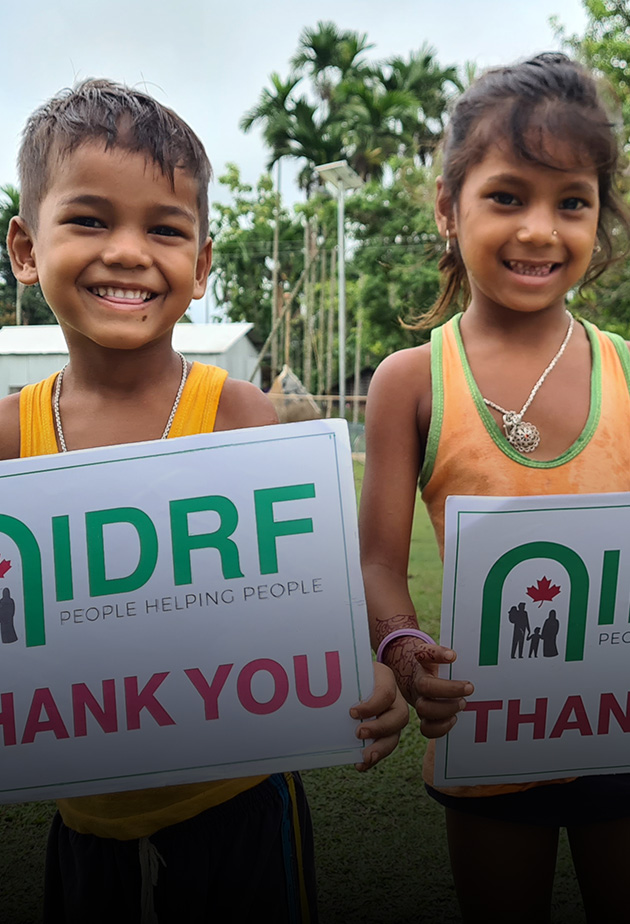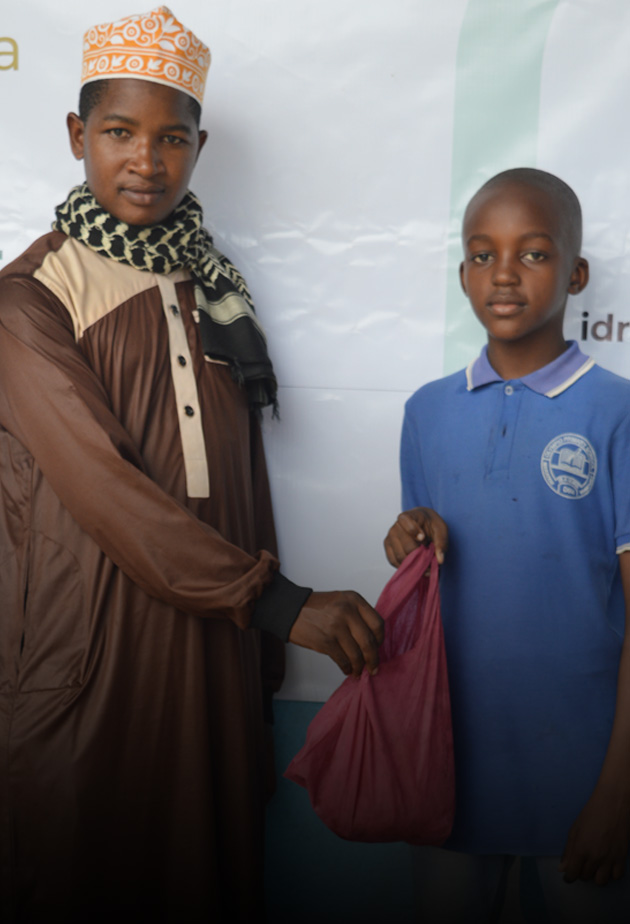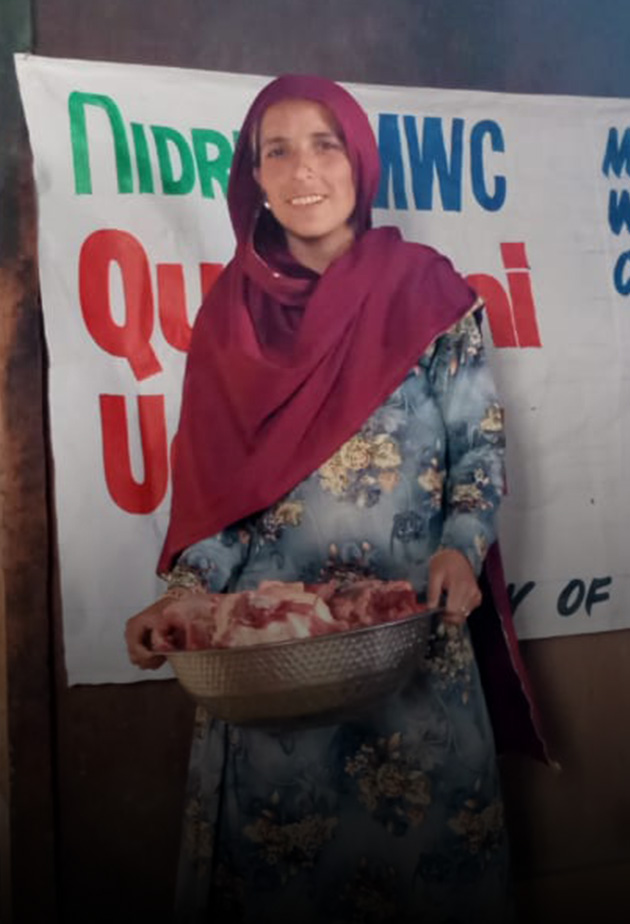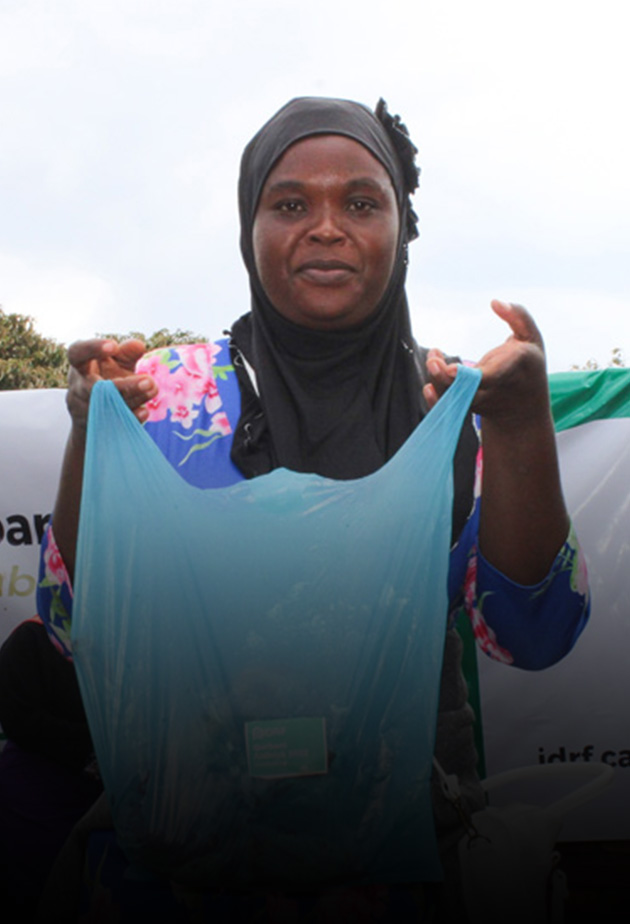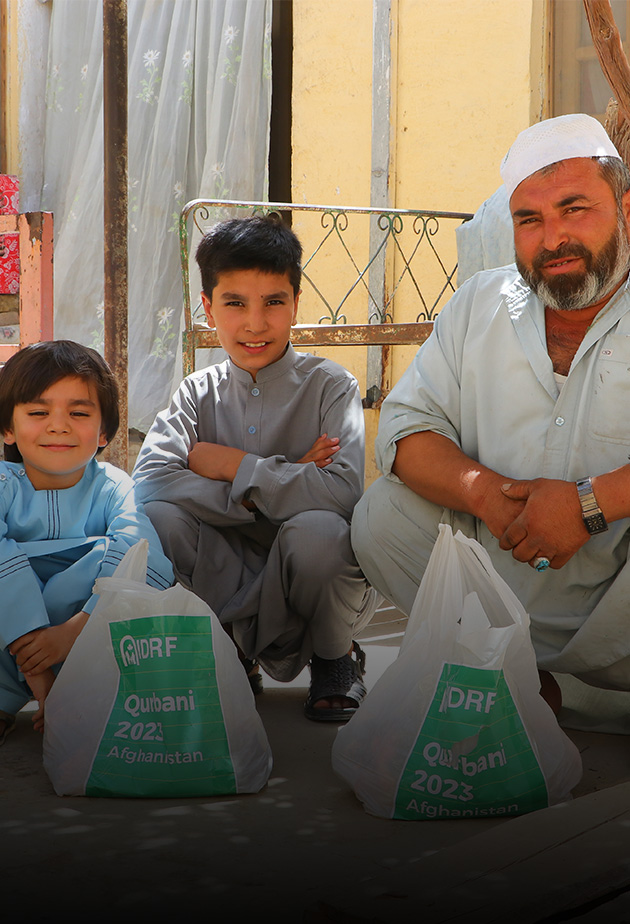

Empowering Lives through Sacrificial Generosity
How it works
Choose the region you would like your Qurbani to take place in
We work with partners on the ground, to assess and identify the needs of our beneficiaries
Our office determines and arranges payment for livestock in advance to ensure all shares of meat are met on time
Our teams on the ground ensure that all animals are ethically treated in accordance to Islamic law.
Fresh meat is immediately distributed on the first 3 days of Eid.
Qurbani Pricing
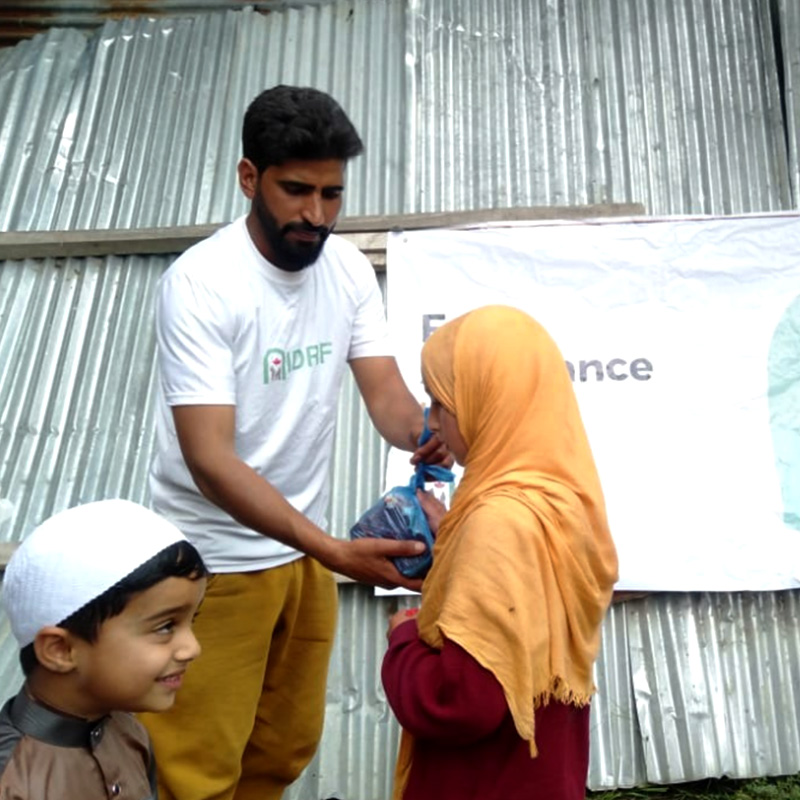
$60
India
.
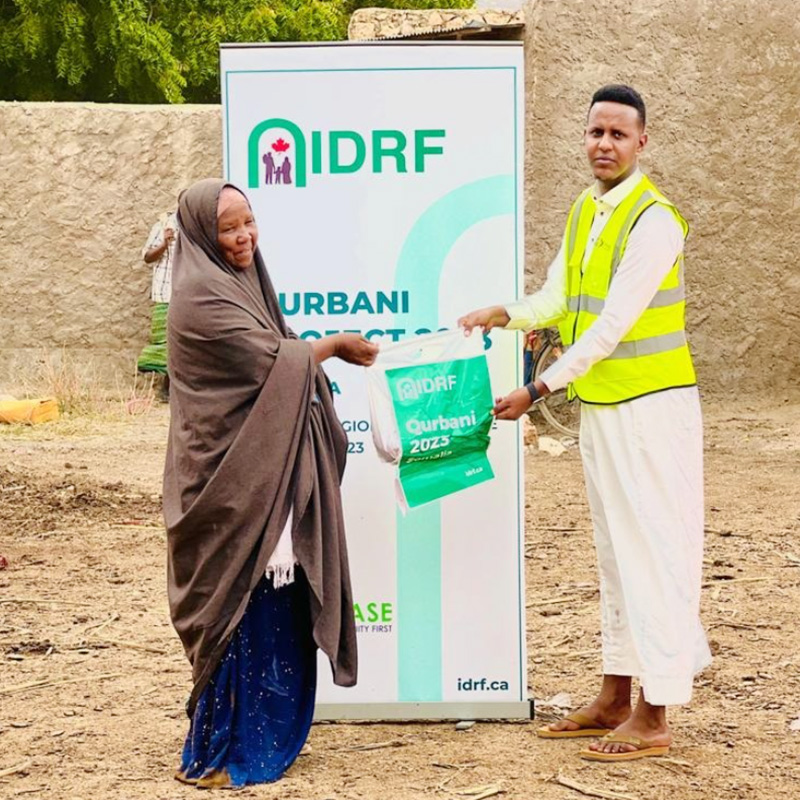
$70
East Africa
Somalia, Kenya & Uganda
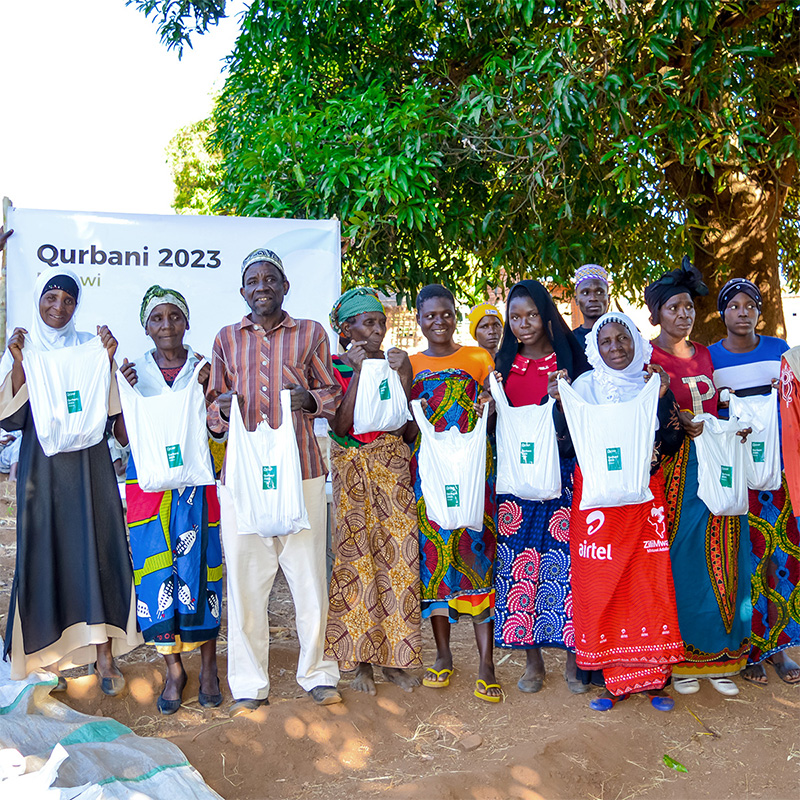
$100
Southern Africa
Botswana, Lesotho, Malawi, Namibia, Eswatini (formerly Swaziland), Zambia, Zimbabwe
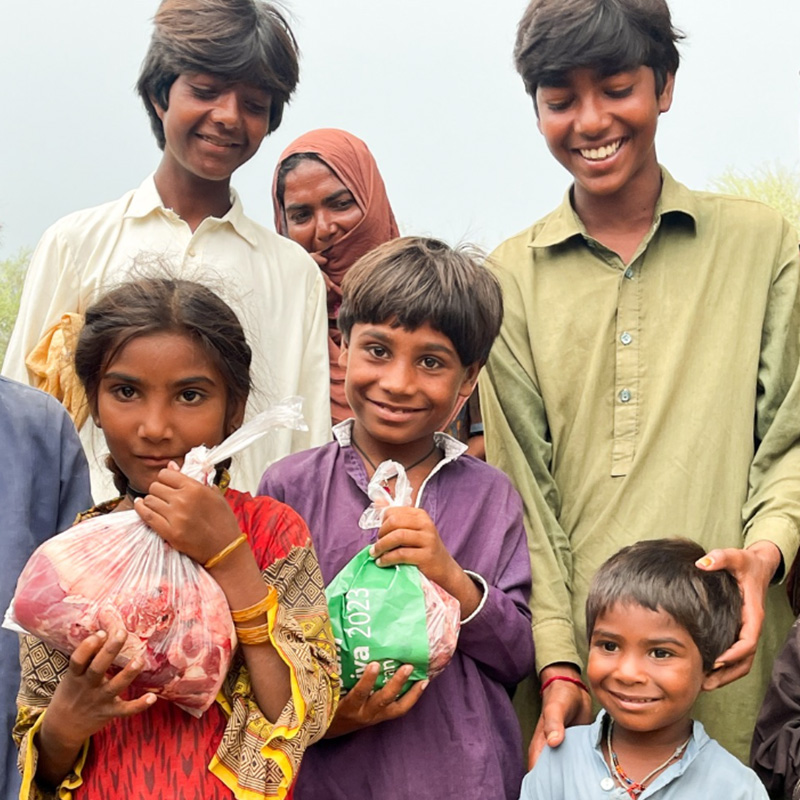
$110
Pakistan
.
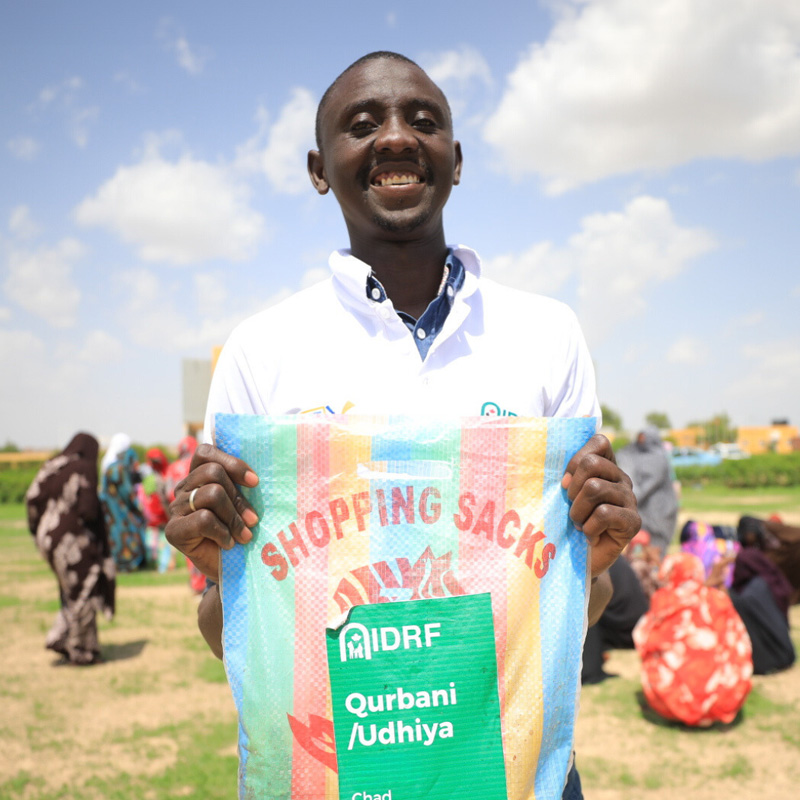
$110
Sahel Africa
Burkina Faso, Niger, Chad
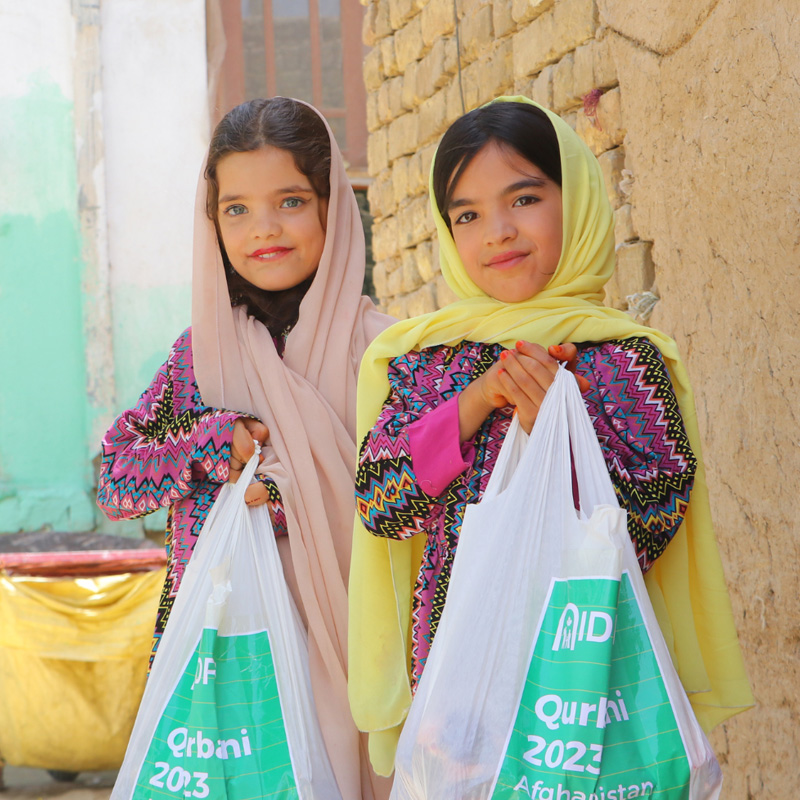
$135
Afghanistan
.
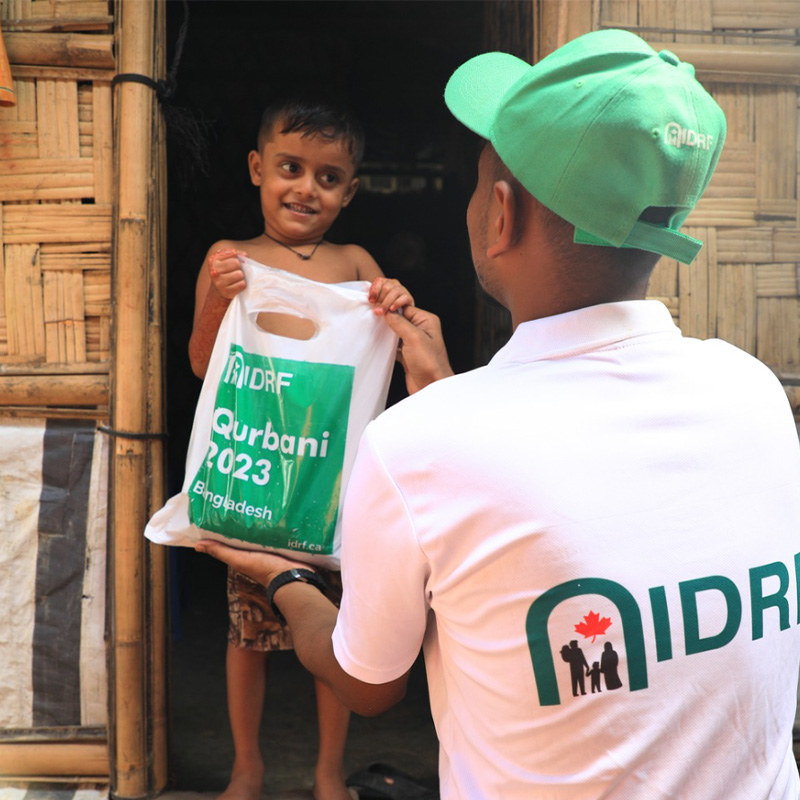
$140
Bangladesh
Rohingya Refugee
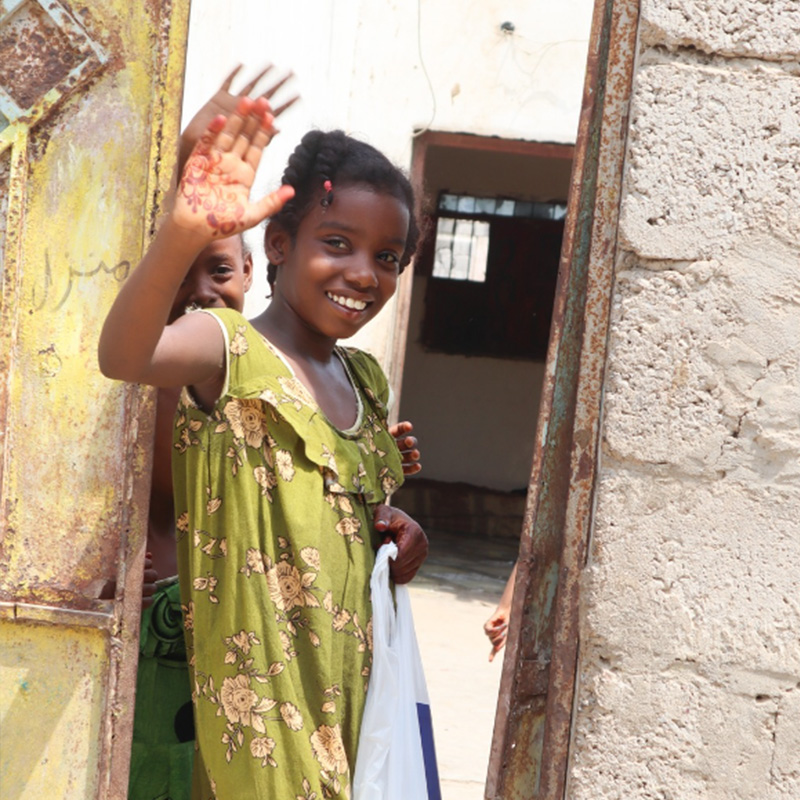
$140
Yemen
.
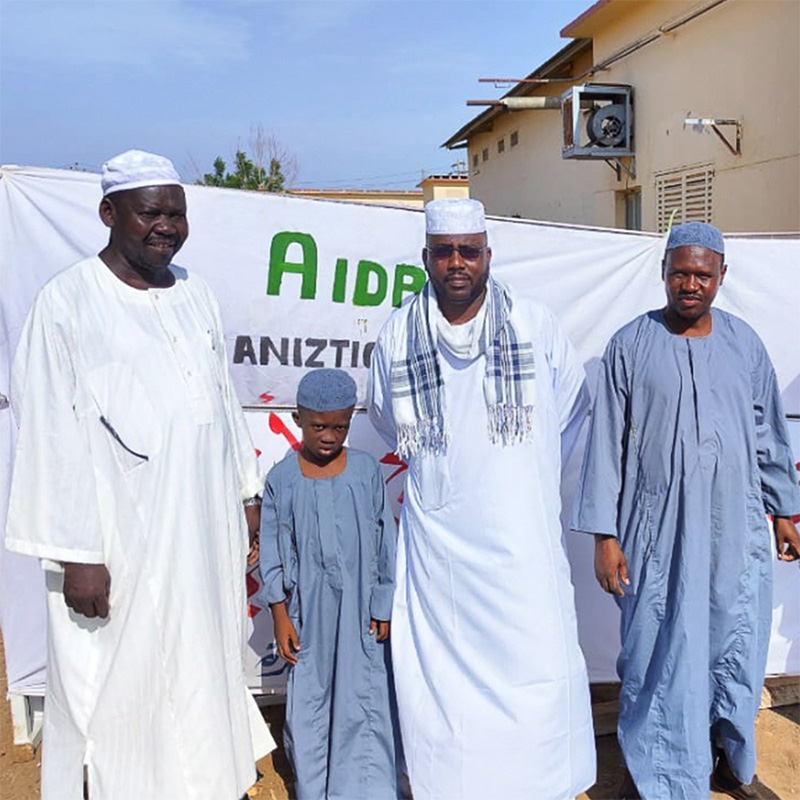
$150
Sudan
.
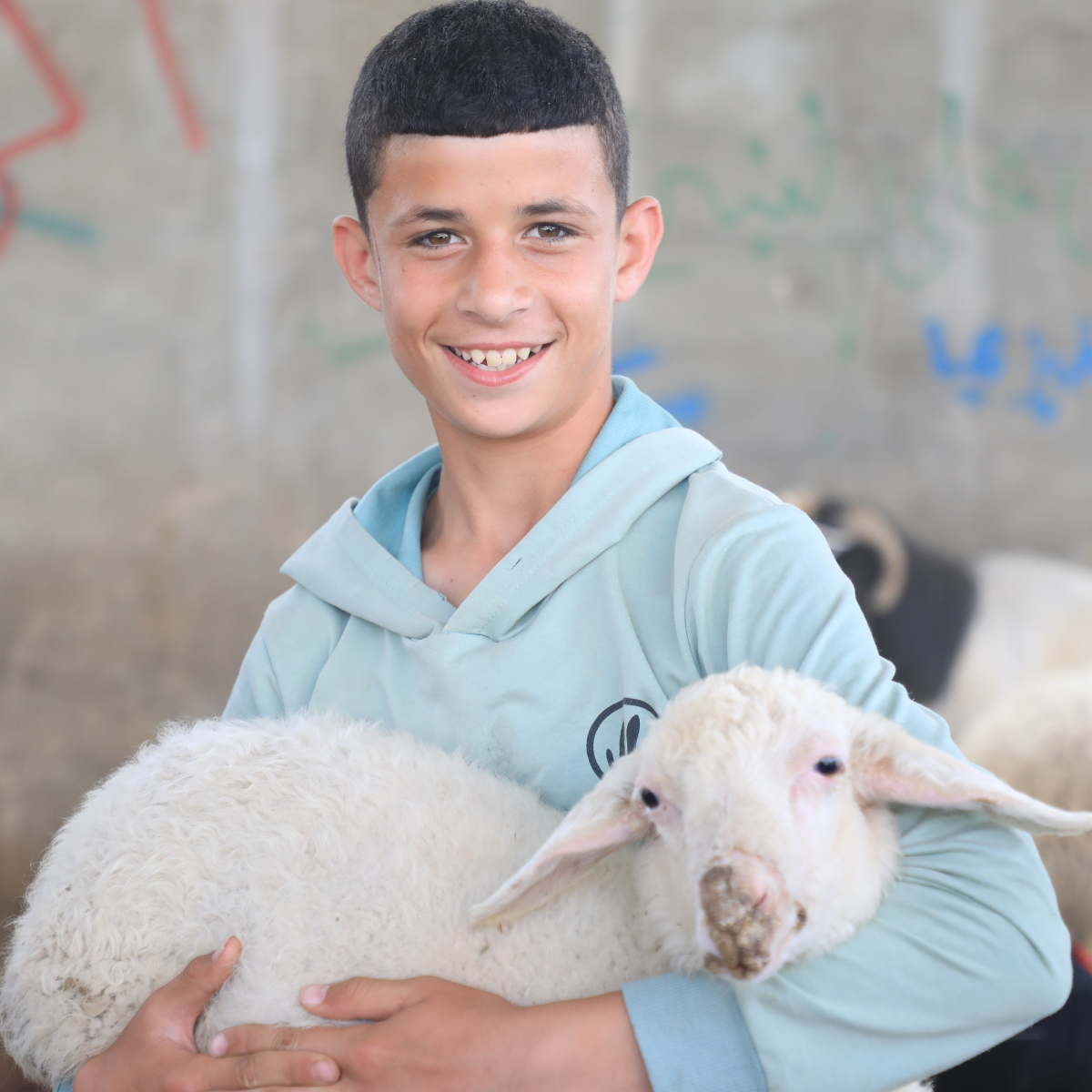
$350
Palestine
Westbank
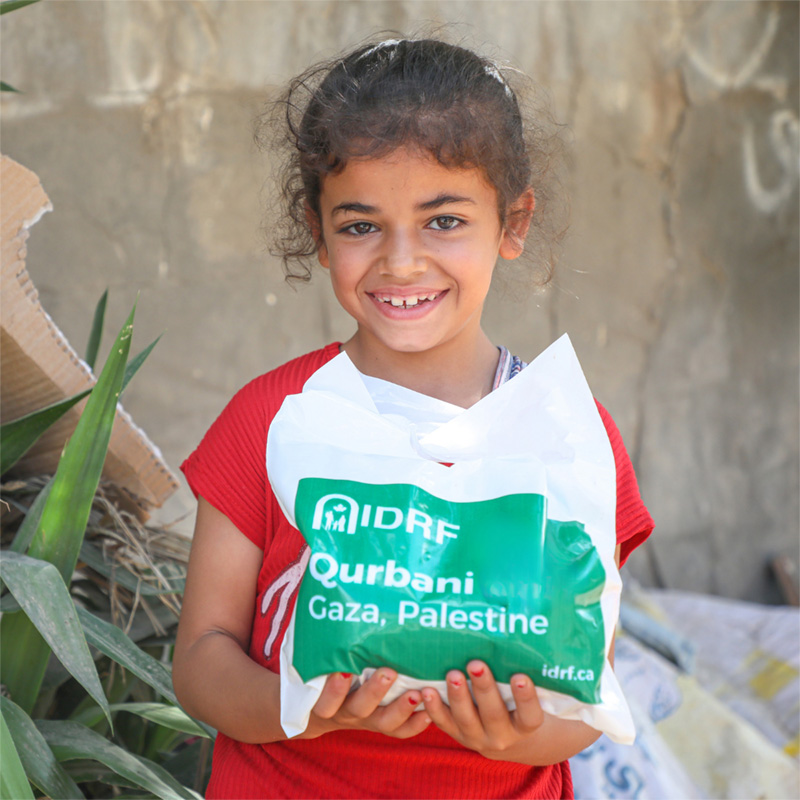
$350
Palestine
Gaza
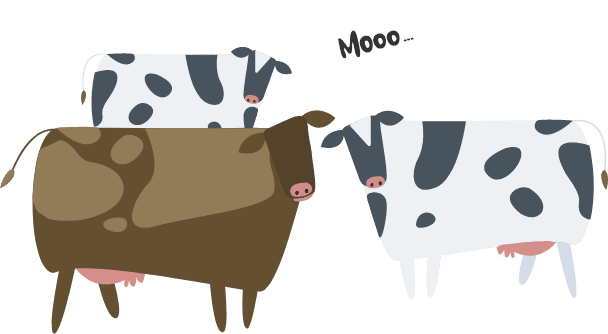
Give your Qurbani

Best 10 days Kit

Automate the best 10 days
Don’t miss out on getting the rewards of Dhul Hijjah
With your generous support last year, we were able to touch the lives of 197,219 across 23 countries, bringing them meat to enjoy for themselves and their families.
Qurbani 2024 FAQ
What countries does IDRF conduct Qurbani in?
This year IDRF will be conducting Qurbani in Bangladesh (including Rohingya Refugees), India, Kashmir, Palestine, Yemen, Pakistan, Somalia, Sudan, Tanzania, Turkiye & Syria (including Syrian and Uyghur Refugees), Chad, Mali, Niger, Botswana, Lesotho, Malawi, Namibia, Eswatini (formerly Swaziland), Zambia, and Zimbabwe. A country price table with various options is listed above.
Importance of Qurbani
Is Qurbani mandatory?
While Qurbani is not mandatory, it is highly encouraged by Islamic teachings. It is considered a Sunnah, following the exemplary practice of Prophet Muhammad SAW, and offers immense rewards and blessings from Allah SWT. By participating in Qurbani, Muslims can emulate the devotion of Prophet Ibrahim AS and strengthen their faith.
Who is eligible for Qurbani?
Anyone who has the financial means can participate in Qurbani. It is an inclusive act of worship that promotes unity and social responsibility. Muslims of all backgrounds are encouraged to engage in this sacred tradition and share the joyous celebration of Eid-ul-Adha with those in need.
Participation in Qurbani
How can I participate in Qurbani through IDRF?
Participating in Qurbani through IDRF is simple. Choose your donation amount, and select the region where you want the Qurbani to take place. Then, IDRF will handle all the necessary arrangements on your behalf.
Can I donate on behalf of someone else?
Yes, IDRF allows you to perform Qurbani on behalf of yourself, your family members, or friends. It is a meaningful way to honor your loved ones and involve them in this sacred tradition.
Distribution and Impact
What happens to the meat from the Qurbani?
The meat from the Qurbani is distributed among those in need. IDRF ensures that it reaches deserving individuals and communities across the world.
Is it possible to track the impact of my donation?
Yes, IDRF provides updates and reports on the distribution of Qurbani meat and the communities it benefits. You can stay informed about the impact of your contribution and the positive change it brings.
Timing and Availability
Can I donate Qurbani throughout the year?
No. Traditionally, Qurbani is performed during Eid-ul-Adha, which means that IDRF only accepts donations for Qurbani before Eid-ul-Adha.
When does the sacrifice happen?
IDRF is committed to ensuring that the sacrifice and distribution of meat occur in a time and manner that is appropriate for the people in that country to celebrate Eid Al-Adha, under the guidance of local religious leaders.
Miscellaneous
What countries does IDRF conduct Qurbani in?
This year, IDRF will be conducting Qurbani in Bangladesh (including Rohingya Refugees), India, Kashmir, Palestine, Yemen, Pakistan, Somalia, Sudan, Tanzania, Turkiye & Syria (including Syrian and Uyghur Refugees), Chad, Mali, Niger, Botswana, Lesotho, Malawi, Namibia, Eswatini (formerly Swaziland), Zambia, and Zimbabwe.
Can I mark my funds for a particular geographic region within the country?
In order to reach those who are most in need, we need to have the flexibility to allocate meat distribution throughout the country. Therefore, donors can choose the country, but not a specific geographical location within that country.
Can I choose whether to give a cow, sheep, or goat share?
All prices listed above are one share of a cow, except for in Southern Africa, where we are doing goats, and India, where we are doing water buffalo. If you’d like to do an entire cow, add seven shares to your cart. If you’d like to do a whole goat, please donate one share towards Southern Africa.
What if there is a major crisis or disaster or community unrest or legal crackdown?
IDRF is committed to doing its best to ensure that Qurbani is carried out. That may mean that we have to relocate to a different geographic area or bear the cost of paying for last-minute arrangements elsewhere. If we truly could not, we will notify our donors, but this would need to be a major global disaster. This has never happened to date.

